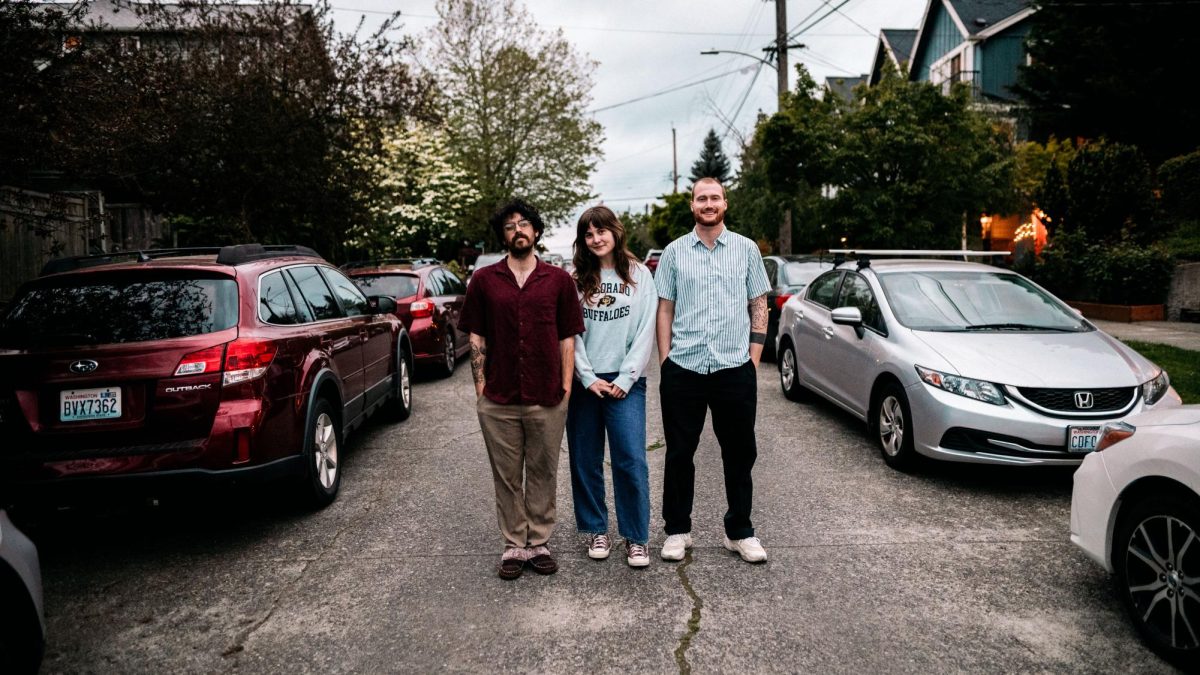The Thing My Emotional Support Dog Does Best: Deflecting Ableist Comments
Disabled people constantly deal with able-bodied adults who do and say things that single us out, leech “inspiration” off of us, and draw inaccurate distinctions between us and the rest of the world. You’d think that the things that come out of able-bodied people’s mouth generally should be reserved for young kids to say, do, or ask as they learn to navigate new social situations and (hopefully) resist internalized ableism that is already developing in their brains–not full-grown adults who should at the very least be able to apply basic good manners when interacting with a disabled person.
This includes, but is not limited to: keeping your hands to yourself, not asking questions inappropriate to where the relationship is at, not saying things that you would also say to a 7-year-old on a bike, and not arguing with basic statements people say about themselves that do not harm others (“Yes, I do need to sit on the reserved bench on the bus”).
Usually they come as little annoyances that build up every day–whether they be awkwardly long looks on the street, doubting your disability status altogether, asking questions that you would not ask an able-bodied person, or the other endless possibilities:
“You don’t look disabled. Do you have documentation?”
“You’re going so fast in that wheelchair, I’m gonna have to give you a speeding ticket!”
“My mom has the same problem, but felt better as soon as she started taking multivitamins. Maybe you should try that!”
As someone who has a visible disability and largely fits the Classic Cripple Picture by able-bodied standards, the comments and timing are usually predictable and common for my “class” of disabled. To be honest, it often seems like able-bodied people have got some communal bank of pre-planned, widely-circulated, weird things to do or say.
They’re small things, but when piled up, they have the common thread of making me feel the definition of “marginalized”: pushed to the margins, unseen, but exploited in the process as an object of someone’s interest.
When I adopted my emotional support dog, Susan, I started to notice a change. Of course, this included all the wonderful things you usually hear about ESA’s and psychiatric service dogs: my general mood shifted, my motivation to get out of bed rose, and my ability to tolerate distresses of all kind strengthen.
And, I also noticed a change in the people around me.
I take Susan almost anywhere with me, and even the places I decide against taking her to, I could because everyone assumes she’s a legal service dog. After all, I’m a white cishet-passing femme in a wheelchair and nobody wants to engage in that conversation with a crip who could easily accuse them of–gasp!–an insensitivity too simple for them to not understand!
This was the first sign of a change; people treat me differently when I have Susan with me. Not only can she stop a draining conversation from happening in the first place, but she can start better conversations. Stares are drawn away from me and delegated into smiles at the fluffy poodle next to me. Instead of someone shouting, “wow, that’s the fastest one [wheelchair] I’ve seen!” a person might instead say, “aww, her dog is so happy trotting along!” Instead of strangers asking me if I have “CP or MS,” more people ask me what breed and how old she is (poodle, 10) and we get into a conversation about how young she looks for her age.
When I go someplace without Susan, I notice that the unpleasant interactions more likely than not happen on those occasions.
Sometimes people apologize for giving more attention to my dog than time engaging in conversation with me, but that just tells me that Susan is doing her job. That sweet, quiet, spunky old lady who changed my life from the first time she put her paws up in my lap is also 32 pounds of adorable and 99% effective filter between me and well-meaning yet rude tides of able-bodied people.
Susan seems like the whole world’s emotional support dog. She’s there not only for me, but for my stressed, dog-loving colleagues and clients at the writing center, for members at my synagogue the Friday after the Pittsburgh shooting in October 2018, and for all my fellow neurodivergent people.
It’s hard to quantify the kind of work that Susan does for me, which might make it hard to ever officially certify her. I let way too many people interact with her for her to know when she is or is not “working,” and you are not supposed to interact with a certified service dog at all for risk of distracting them. In my situation, though, distracting is exactly what I need Susan to do–and she loves her job. She doesn’t open doors or pick things up for me, because I don’t need that. I need her as she helps me navigate the weird (not ADA accessible) social territory of being disabled in a world that is not made for people like you.
The editor may be reached at
[email protected]













Jennifer Zahabi
Feb 25, 2019 at 8:10 am
Totally hear so much truth in that article.. but I have a 12 yr old female wheelchair user and we have been navigating this unaccessible world, adult stares and comments.. but I have noticed is that she stares at people too.. that look different or act differently(autistic).. it is a normal human curiosity to people watch!! I have always told her she is a celebrity!! And we focus on the positive things that come with the wheelchair.. front row parking , getting on the airplane first, lots of non profits that are free to dance, surf, and fly a plane!! It would be nice to read an article about some good things that come with having Special Abilities.. as my son calls it!!